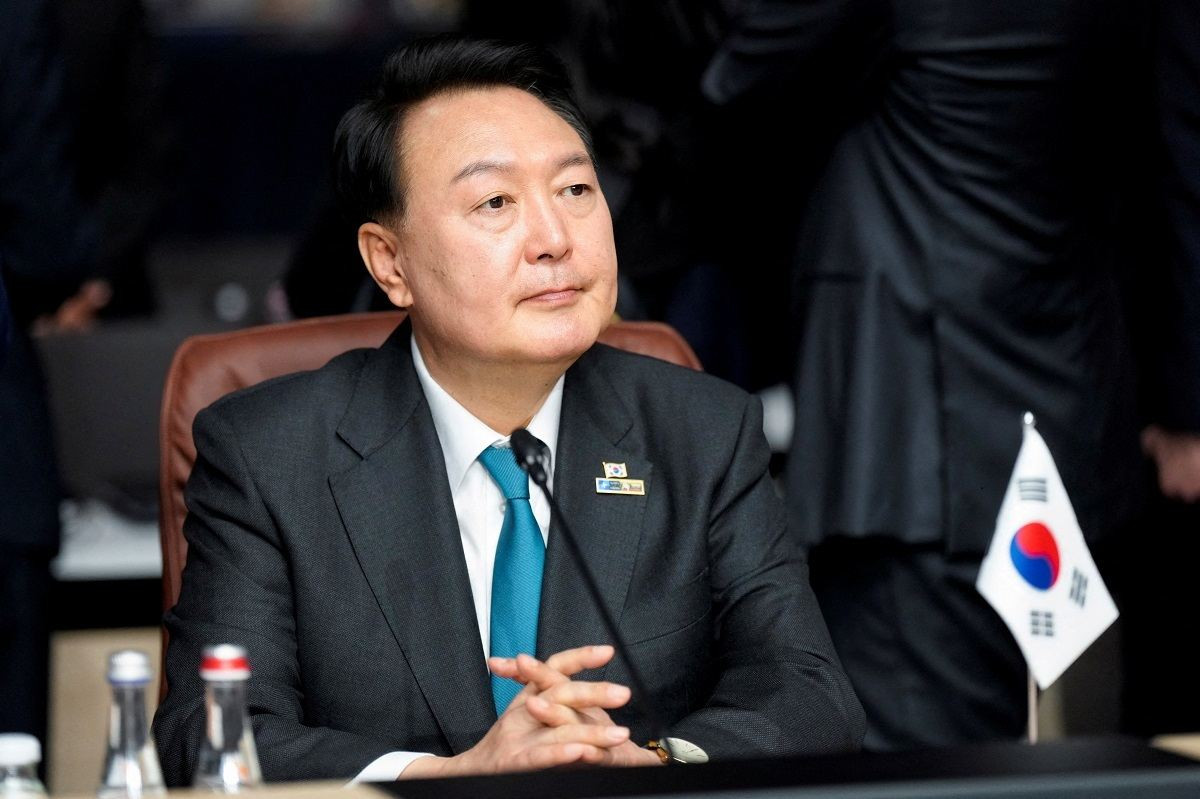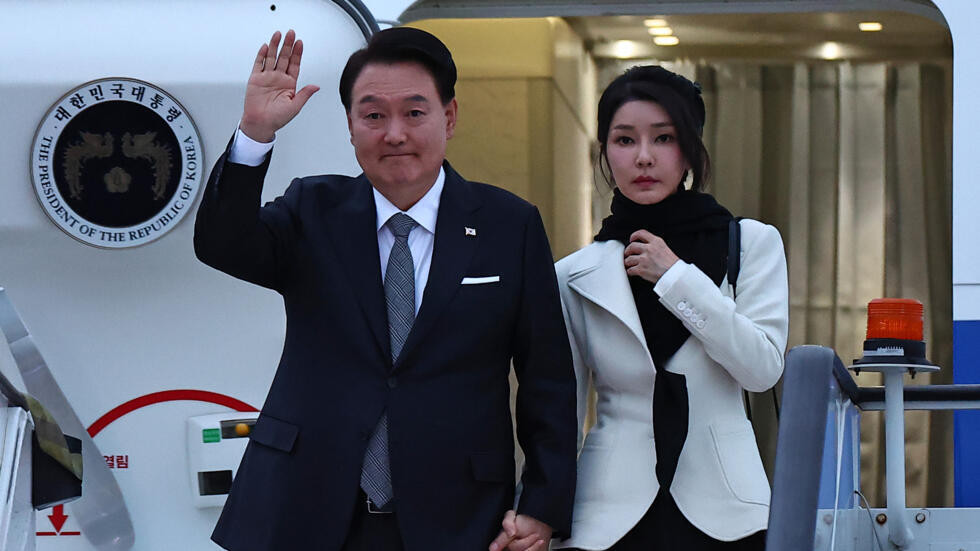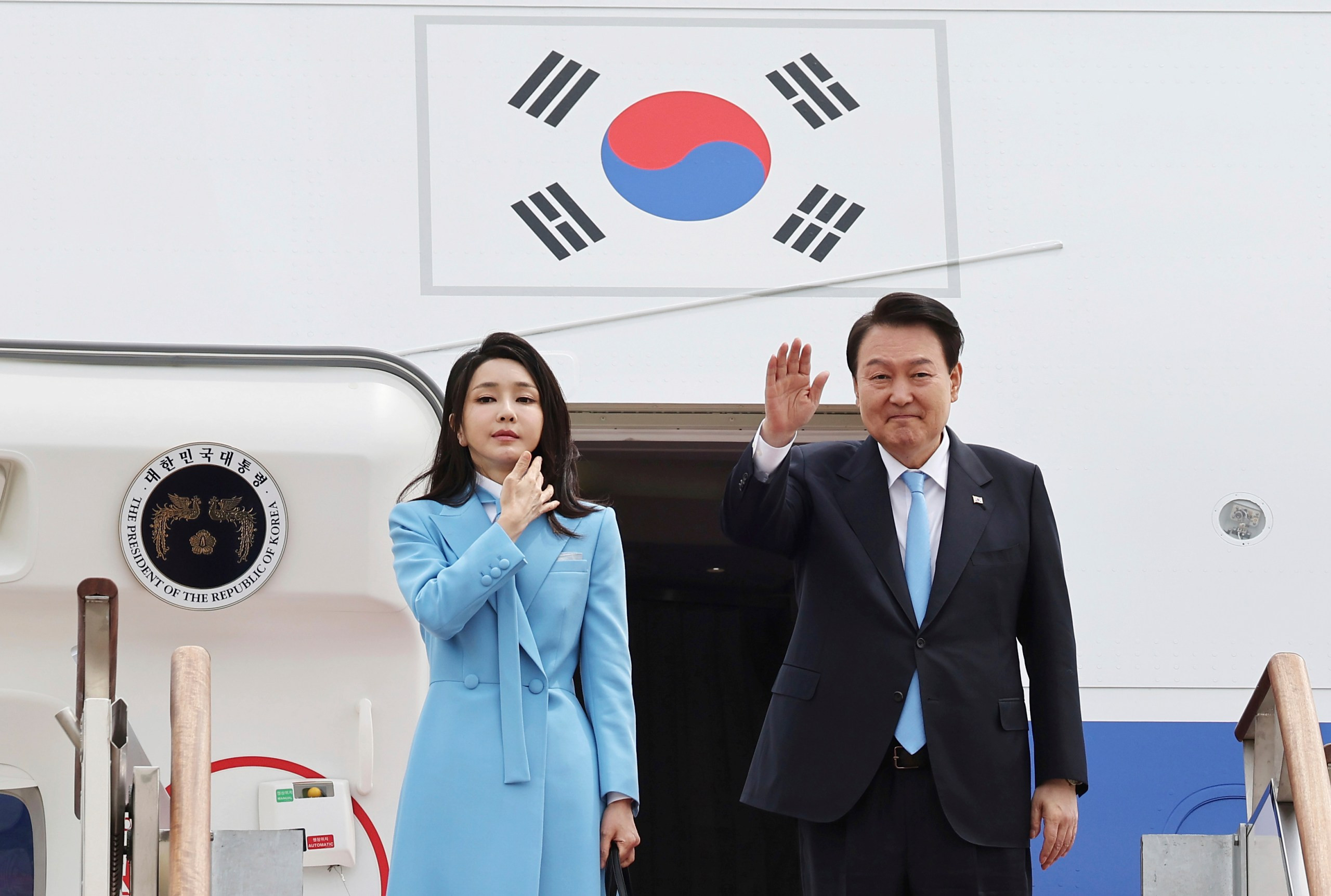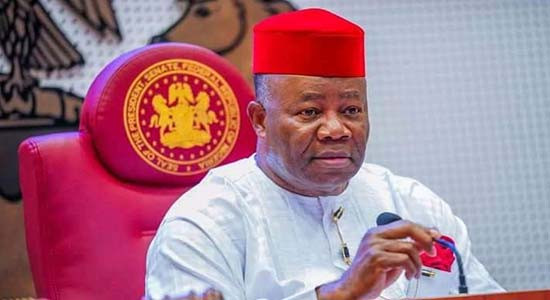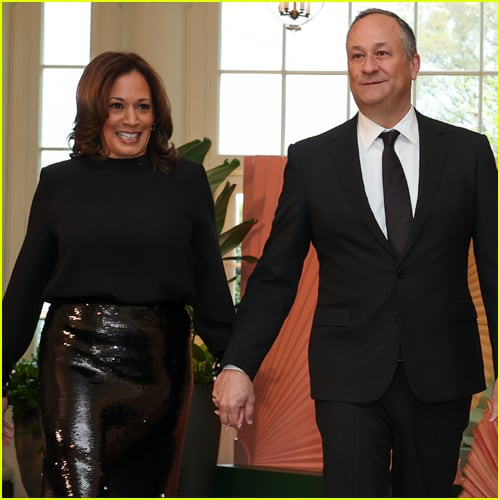South Korea's Unprecedented Martial Law Declaration: A Nation in Turmoil
South Korea, a vibrant democracy for decades, finds itself grappling with an unprecedented crisis. In a stunning turn of events, President Yoon Suk Yeol declared martial law late Tuesday night, plunging the nation into uncertainty. This dramatic move, the first of its kind since the 1980s, has sent shockwaves throughout the country and the international community. The immediate aftermath has been marked by confusion, protests, and a frantic scramble to understand the president's motivations and the implications of this bold decision.
The President's Justification and the Opposition's Response
President Yoon cited a perceived threat from “communist forces” in North Korea and the actions of the opposition Democratic Party as justification for his decision. He argued that the party's repeated attempts to impeach government officials and its rejection of a government budget proposal had paralyzed the government and jeopardized national security. This claim has been met with significant skepticism, both domestically and internationally, with many viewing the move as a heavy-handed attempt to stifle dissent and consolidate power. The opposition party, holding a majority in parliament, swiftly voted to block the decree, but the immediate effect remains unclear.
A Deepening Political Divide
South Korea's political landscape has long been characterized by partisan divisions. However, the recent months have witnessed an intensification of these conflicts, with President Yoon and his ruling People Power Party facing intense opposition from the Democratic Party. The impeachment efforts, stalled budget bill, and several scandals involving officials within the government have further exacerbated the tension, creating a politically charged atmosphere within the country. President Yoon's decision to declare martial law signifies an escalation of this already fraught political climate, raising significant questions about the stability of the nation's democratic institutions.
International Reactions and Domestic Uncertainty
The international community has reacted with a mixture of surprise and concern. Experts, including John Nilsson-Wright, head of Cambridge University's Japan and Koreas Programme, have described the president’s decision as “frankly bizarre,” highlighting the unprecedented nature of the move and the lack of evidence supporting the president's claims. The US administration, a close ally of South Korea, has confirmed that it is monitoring the situation closely, while the reaction from other nations has been cautious and watchful. Within South Korea itself, citizens express a sense of bewilderment and fear. Citizens rushed to reunite with their families, reflecting the uncertainty of what lies ahead. The media and political circles are in utter disarray, struggling to comprehend the implications of the president’s actions, while the chief of the president’s own party has condemned the move as wrong.
The Unfolding Situation
The immediate impact of martial law remains uncertain. While there's no visible military presence or widespread restrictions on movement at this time, the potential for escalation is evident. The clash between lawmakers and authorities outside the National Assembly building serves as a powerful symbol of the tension and division that currently define the country. The future of South Korea’s democracy hangs in the balance as the nation awaits the unfolding consequences of President Yoon's unprecedented decision. The potential for economic instability is also a significant concern, with South Korean stocks experiencing a sharp drop following the announcement.
A Nation at a Crossroads: What Next?
The declaration of martial law in South Korea marks a pivotal moment in the country's modern history. The motivations behind President Yoon's actions, the potential for long-term consequences, and the future trajectory of South Korea's political landscape are all open questions. The coming days and weeks will be crucial in determining the course of events, and whether the nation can navigate this crisis and maintain its democratic values. The situation underscores the fragility of even the most established democracies when faced with deep political polarization and a willingness by those in power to circumvent established norms and processes. The immediate future remains uncertain, clouded by the unforeseen ramifications of such a drastic and unexpected presidential decision. Only time will tell the long-term implications of this extraordinary event on South Korea and its place in the global order.




